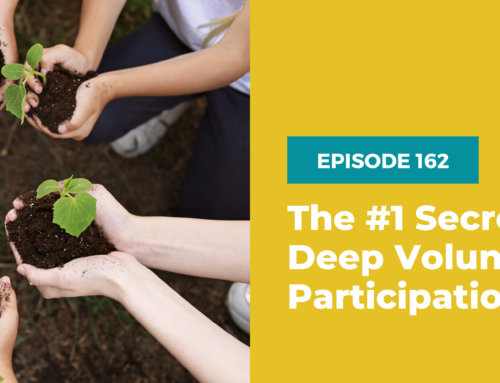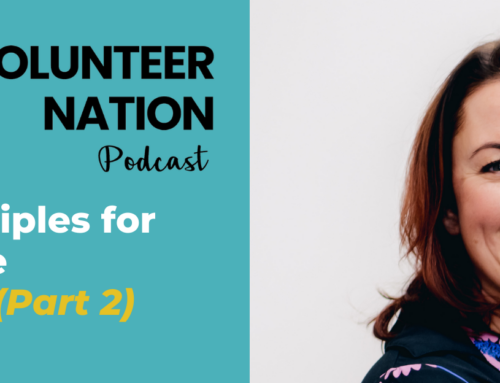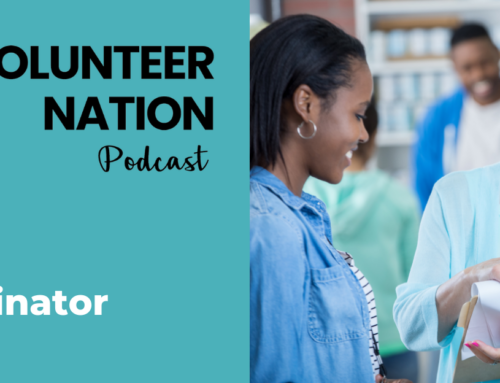 How Judo can Inform Your Strategy for Leading Volunteer Teams
How Judo can Inform Your Strategy for Leading Volunteer Teams
A few days ago, I learned that my beloved judo teacher, Sensei (Master) Keiko Fukuda, was awarded her 10th-degree black belt. It is an unprecedented achievement. At age 98, she is the only woman in the world to ever receive this honor. She keeps company with only three others, all men living in Japan. Her promotion reminded me of many of the leadership lessons I learned from judo that I still use today, years after I left the sport.
While living in San Francisco, I was lucky enough to study with Fukuda Sensei. The few years I spent at Soko Joshi Women’s Judo Club left a deep and lasting impression. I had started judo because I had been violently mugged on the street and wanted to better defend myself. I quickly learned that it was about much more than kicking butt. It was a life philosophy that had so much to offer.
Four of Judo’s Life Lessons That Can Impact Your Strategy for Leading Volunteer Teams
1) Self Discipline is Paramount — Sensei’s motto was “Tsuyoku, Yasashiku, Utsukushiku,” which translated means “Be strong, gentle, and beautiful in mind, body, and spirit.” As a person who humbly embodies this on a daily basis, Fukuda Sensei earns the utmost honor and respect of those who meet her. In recent years, her example continues to resonate. In today’s world, where trust is hard to come by, her lessons of humility, focus, and grace under pressure are at the absolute core of strong leadership.
2) Practice Makes Perfect — As part of our judo training, we practiced extremely precise, choreographed routines called katas. We would repeat them, over and over again, while making tiny adjustments to bring us closer to perfection. The same holds true for leaders, for in as much as we would love to achieve perfection every day, it takes a tremendous amount of practice, focus, and repetition to improve.
3) Things That Are Worth It Require Patience — Sensei remained at a 5th degree black belt for 30 years before she was advanced to a 9th degree; the long wait was not customary for her male counterparts. After over three-quarters of a century of dedicated study and service, she was finally awarded her 10th-degree black belt. It took her a lifetime of patience and perseverance to arrive where she is now. We often expect instant gratification and immediate results from our efforts. If we don’t see quick results, we often give up too soon. For the things that matter, life doesn’t really work that way. Important things — like wisdom and friendships — take time to mature. And, they take quiet focus and determination to reach.
4) To Survive, We Must Work Together — When I learned judo, Sensei would often emphasize that judo was a gentle sport. In fact, translated judo means “the gentle way” (as I got slammed to the mat day after day, it certainly didn’t seem gentle to me!) She warned us that if we hurt our opponent in our quest to win a sparring match, we would soon have no one left to practice with. We were interconnected and needed to take care of our partner as carefully as we would take care of ourselves. In a world that seems to be perpetually in crisis, it will be more important than ever to support each other and work together. Leaders can set the tone by acknowledging the value of each and every person’s contribution to the team and by setting high standards for cooperation.
There are just a few of the lessons I learned from judo. For your dedication, love, and sacrifice Fukuda Sensei, domo arigato gozaimashita (thank you). I am indebted to you.







Leave A Comment